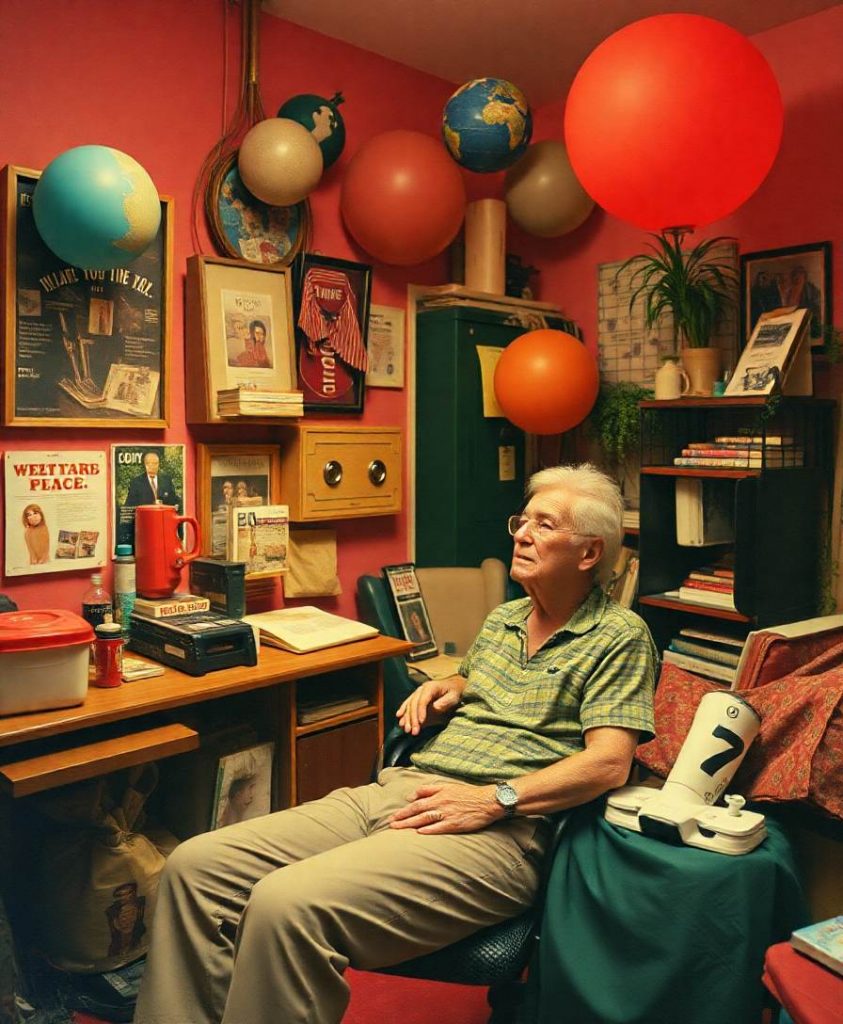Understanding the driving force behind early childhood helping behavior is crucial for promoting prosocial development in young children. By recognizing the importance of completing unfinished actions, parents and educators can foster an environment that encourages empathy and helpfulness. Researchers believe that this preference for completion stems from toddlers’ desire for closure and their instinct to restore balance in a situation. The study opens up new avenues for further research on the psychological mechanisms underlying early childhood helping behavior.
To dive deeper into this fascinating topic and learn more about how toddlers are motivated by completing unfinished actions, check out the full article!
Abstract
A considerable body of research has documented the emergence of what appears to be instrumental helping behavior in early childhood. The current study tested the hypothesis that one basic psychological mechanism motivating this behavior is a preference for completing unfinished actions. To test this, a paradigm was implemented in which 2-year-olds (n = 34, 16 females/18 males, mostly White middle-class children) could continue an adult’s action when the adult no longer wanted to complete the action. The results showed that children continued the adult’s actions more often when the goal had been abandoned than when it had been reached (OR = 2.37). This supports the hypothesis that apparent helping behavior in 2-year-olds is motivated by a preference for completing unfinished actions.


